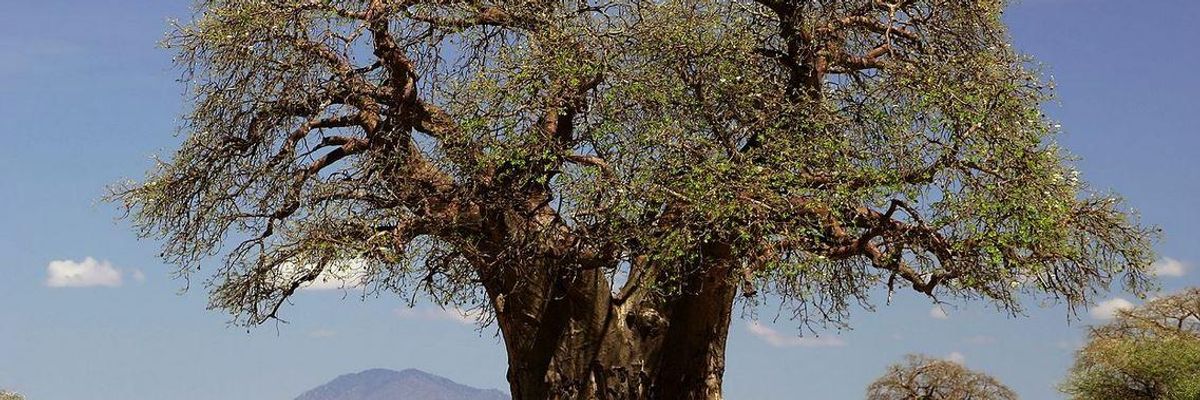When historians write the definitive, convoluted but compelling book on climate change, there will be landmark stand-out moments over the last 30 years when you thought the news of floods, sea-level rise, drought and death would finally have spurred society into collective action that would have helped save future generations.
But great cities have been swallowed by water, millions have died or been displaced by droughts and famines, towns and virgin forests have been ravaged by unforgiving fires, and wildlife that once was abundant is increasingly no more. Once where there were singing birds or beautiful butterflies, there are just shadows and silence.
But still we carry on as if there is nothing wrong. We take solace in the day to day. Many will listen to the twisted tongues of the climate deniers like Donald Trump, who thrive on disruptive chaos and fake news, to reassure them that we will bequeath a future to our children and grand-children that is just as liveable as the life we have known.
There seems no news that will shake us out of our misguided malaise. In fact much of the news about climate change does not even make the news anymore, or if it does it gets buried in the mass hysteria about Donald Trump's tempestuous, narcissistic tweets.
But stop for a moment and read. Just for once.
They have withstood droughts and famines and wars. And in those wars they have helped heal. The trees and their bark are used to help heal a whole range of illnesses and ailments. But listen to them, now. For they are dying.
The iconic giant baobab trees of Africa are dying. And we are most likely to blame. You cannot stand near these majestic trees, some as wide as a truck, without feeling humble in their presence. Some are up to 2,500 years old. Sit with them and think what they have witnessed through time. Whole generations have come and gone under their watchful gaze, but these iconic trees have stood tall and proud. They have withstood droughts and famines and wars. And in those wars they have helped heal. The trees and their bark are used to help heal a whole range of illnesses and ailments. But listen to them, now. For they are dying.
Yesterday, scientists published new research about the death and demise of some of Africa's biggest baobabs who are dying. Researchers spent years examining "practically all known very large and potentially old" African baobabs, numbering about 60 in total in Zimbabwe, Namibia, South Africa, Botswana and Zambia.
The scientists found the "unexpected and intriguing fact" that most of the oldest and biggest baobabs had died during the twelve year study period, including that four of the largest baobabs in Africa.
"We report that nine of the 13 oldest... individuals have died, or at least their oldest parts/stems have collapsed and died, over the past 12 years," wrote the scientists in the scientific journal Nature Plants, describing "an event of an unprecedented magnitude." The four largest were among these nine.
"It is definitely shocking and dramatic to experience during our lifetime the demise of so many trees with millennial ages," said the study's co-author Adrian Patrut of the Babes-Bolyai University in Romania
They suspect, although it is difficult to prove, that climate change is to blame.
The researchers "suspect that the demise of monumental baobabs may be associated at least in part with significant modifications of climate conditions that affect southern Africa in particular", although they concede that further research is definitely needed "to support or refute this supposition."
Argghh, I hear you say you don't have conclusive proof of a causal link. But those are the words that the tobacco industry used for decades to deny the harm that smoking was killing its clients. And it is the language of denial that the oil industry has copied so craftily over the last forty years or so to deny climate change. But we now know that #Exxon knew all those years ago. And soon they will have their day in court.
We know that something is not right. A spokesperson for the Kruger Park in Southern African told AFP that baobabs are "very difficult to kill", adding "They can be burnt, or stripped of their bark, and they will just form new bark and carry on growing."
But they are not growing anymore. They are dying suddenly after living for thousands of years. And that should concern us all. This is one of those landmark moments.

